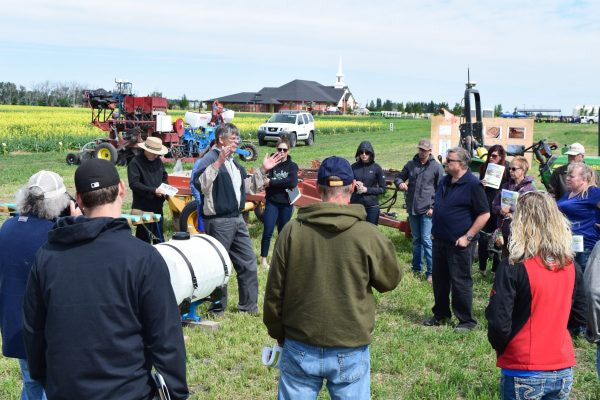- June 15
- Agronomy
- In-Person
- 211034 Hwy 512 Lethbridge County
- AB T1J 5N9
- $50.00
- 8:00 am to 3:30 pm
Join us in the field to learn about the latest agronomic research being done at Farming Smarter!
It’ll be a full day of learning under the sun, but we promise it’ll be fun!
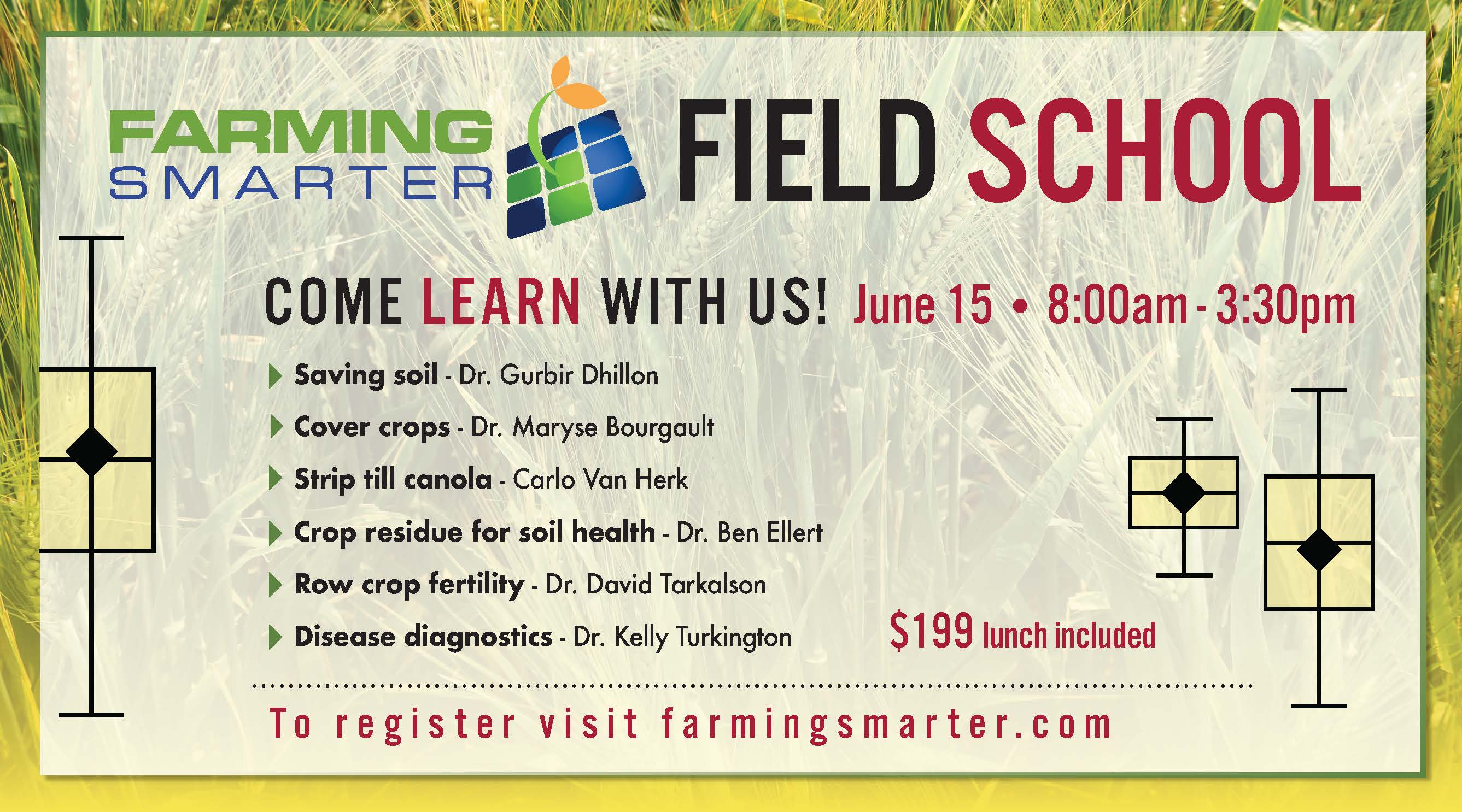 |
Meet our speakers!
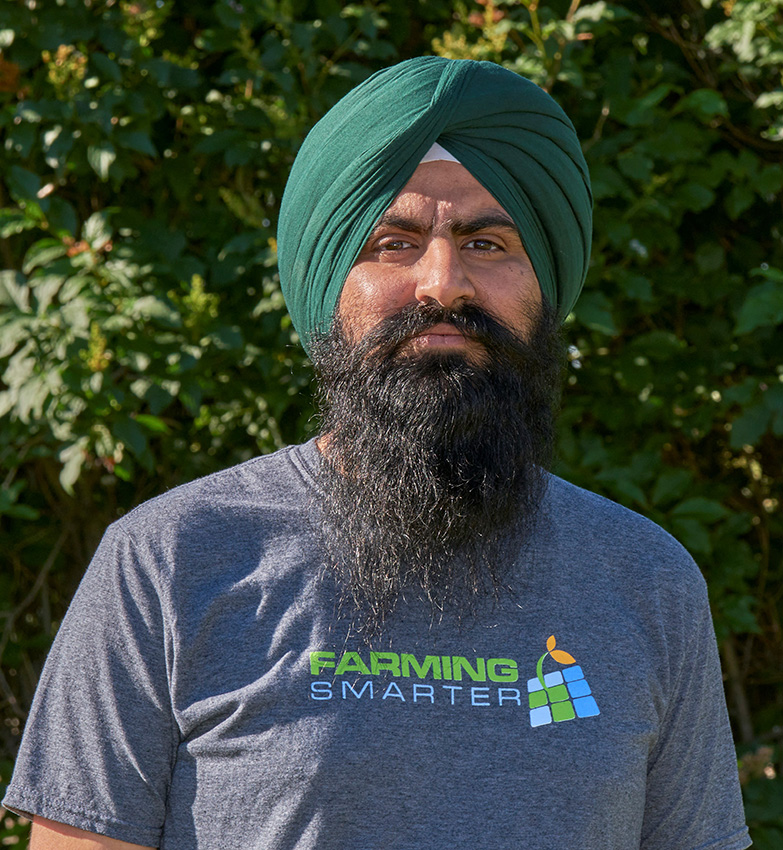 |
Dr. Gurbir DhillonGurbir Singh Dhillon is the Research Scientist at Farming Smarter. He has a strong interest in improving soil health and environmental services of agroecosystems. Currently. he designs innovative research projects focused on improving the sustainability and productivity of crop production systems, especially in southern Alberta. Additionally, he coordinates research grant applications for new programs and publication of project reports and peer-reviewed manuscripts for ongoing research programs at Farming Smarter. Before joining Farming Smarter, he studied soil organic matter dynamics and sequestration using synchrotron-based spectroscopic techniques in his postdoctoral and Ph.D. programs both at the University of Saskatchewan. He did his M.Sc. in Soil Science from University of Delaware (USA) studying soil carbon exports in runoff water during storm events. |
Dr. Maryse BourgaultDr. Maryse Bourgault is an Assistant Professor and the WGRF Chair in Integrated Agronomy in a joint appointment between the Departments of Plant and Soil Sciences at the University of Saskatchewan. Prior to returning to Canada, she was an Assistant Professor at the Northern Agricultural Research Center at Montana State University (MSU) in Cropping Systems and Agronomy. She also spent 9 years in Australia working mostly in climate change related research and as an Extension Agronomist while living in Queensland. As a crop physiologist by training (PhD awarded from McGill University in 2009), Maryse uses agronomic research, crop physiology methodologies and modelling to investigate questions of sustainability and resilience in semi-arid cropping systems. She completed an MBA in agribusiness part-time with Université Laval (Québec City) in 2021. |
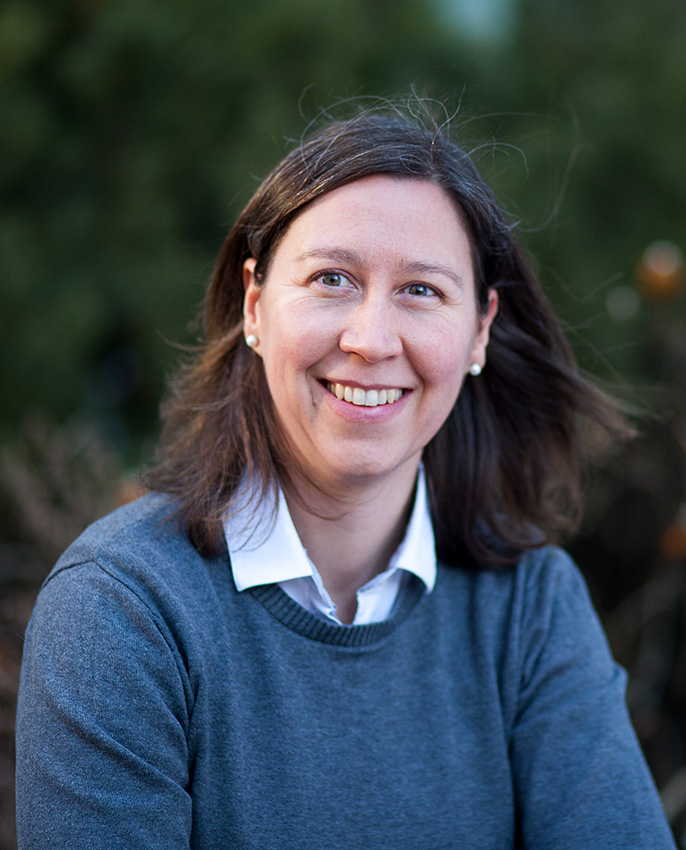 |
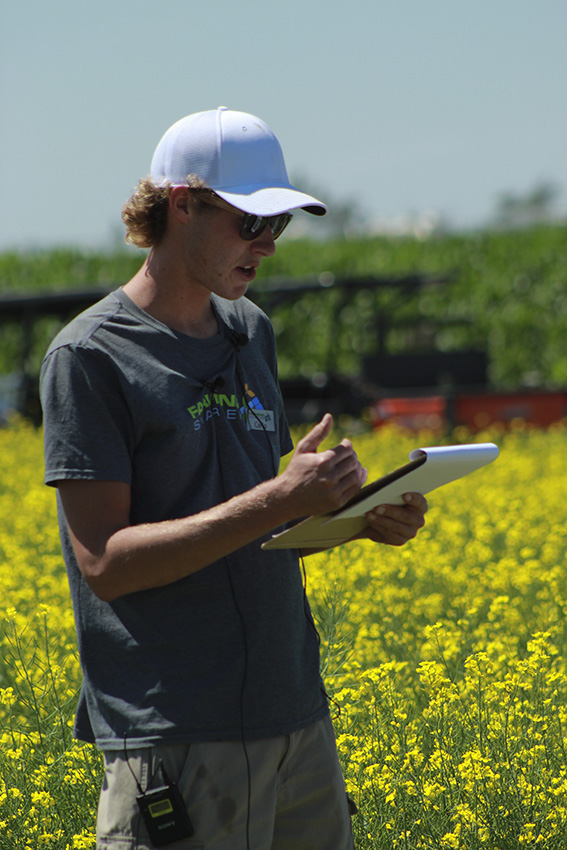 |
Carlo Van HerkCarlo Van Herk leads the Natural Sciences and Engineering Research Council (NSERC) strip till canola project. Carlo spends his time working the plots with Mike, Gurbir, Trevor, and the summer students. He joined us as a student in 2019 and enjoys learning about crop research so much, he stayed. He's always easy to find because he's a head taller than everyone! He's gaining knowledge about novel crops and quickly showed his value stemming from six years experience on a dairy farm that included field work. He understands equipment operation, care, and maintenance. His education includes a concentration in GIS and a minor in economics. |
Dr. Ben EllertSummary & photo to come soon! |
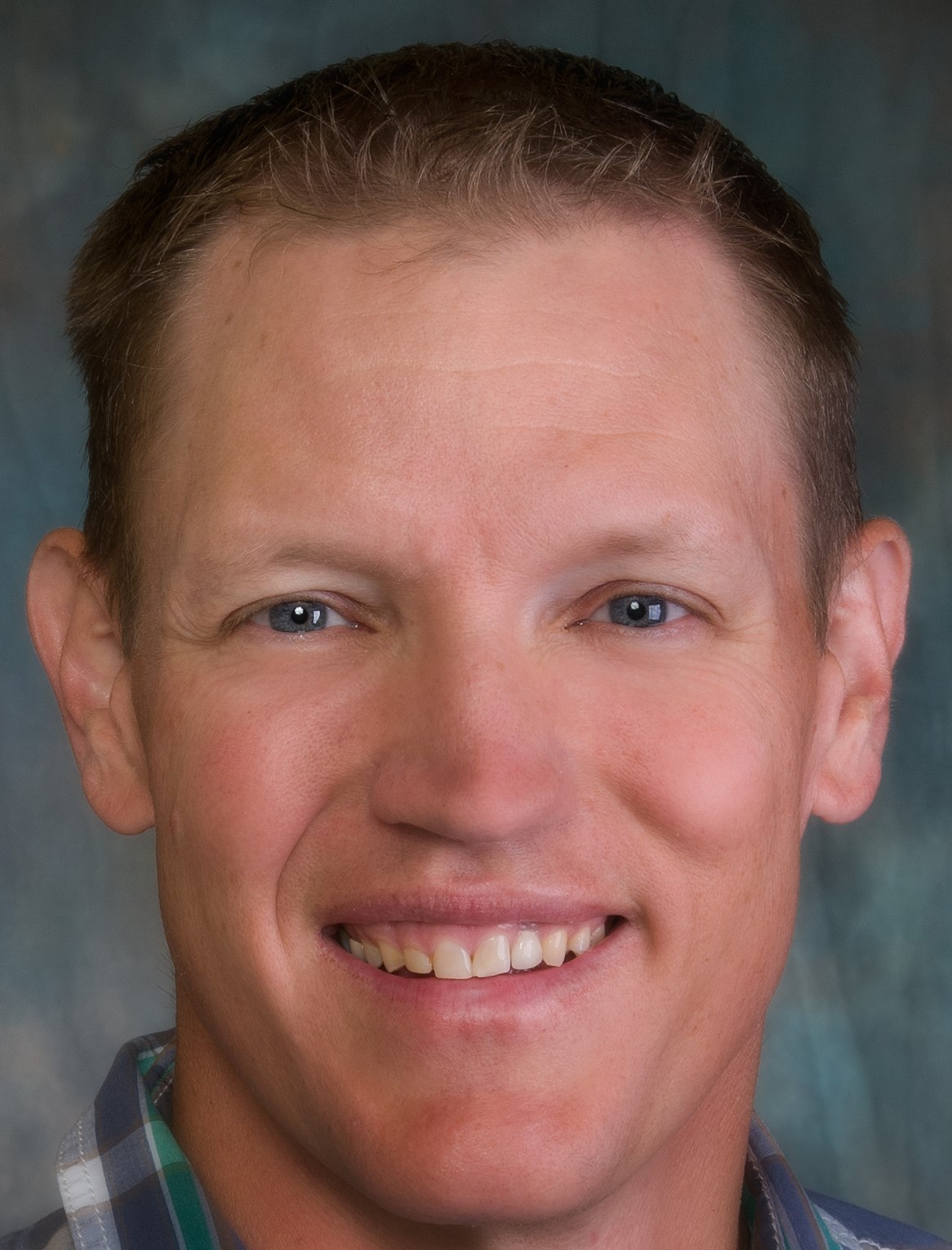 |
Dr. David Tarkalson - USDA-ARS Systems Agronomist/Soil ScientistDavid was born and raised in Salmon Idaho. During his time in Salmon, he worked on his grandfather’s dairy and beef operation. He received an A.S. degree from BYU-Idaho in 1992, B.S. (1996) and M.S. (1998) in Agronomy from BYU-Provo, and a PhD in soil science from North Carolina State University in 2000. Areas of study and research emphasis at school included: plant nutrition, soil fertility, chemistry, and nutrient transport in soils. Our knowledge of best nutrient and irrigation practices in irrigated agriculture is continuing to evolve due to the relationships between changing agricultural practices, changing crop genetics, and cumulative research knowledge. As a result, the agricultural industry needs to continue to question and evaluate past and current recommendations to continue to improve. His presentation will provide examples of how we continue to improve nutrient and irrigation management best management practices using comprehensive research data syntheses from current and past research data. |
Dr. Kelly TurkingtonKelly was born at Humboldt, Saskatchewan and raised mainly in Saskatoon, but spent most of his summers on his father's small grain farm near St. Brieux, Sask. Since November 1996 he has been a plant pathologist with Agriculture and Agri-Food Canada (AAFC), in Lacombe, Alberta. He received a Bachelor’s of Science in Agriculture in Agricultural Biology from the College of Agriculture University of Saskatchewan in 1985, and M.Sc. and Ph.D. degrees in Plant Pathology from the Department of Biology at the University of Saskatchewan in 1988 and 1991, respectively. Kelly’s graduate work focused on the epidemiology of sclerotinia stem rot of canola and the potential of using petal testing as an indicator of disease risk and fungicide need. Through his father Tom, his graduate student supervisor Robin Morrall, and his interactions with farmers, industry and extension staff, and research colleagues over the past 40 years, Kelly has developed a passion for the development of practical solutions for effective disease management. Kelly’s first experience with fungicides, both seed treatments and foliar products, was as a summer student and graduate student working with Robin Morrall from 1983 to 1990 at AAFC Saskatoon and then the University of Saskatchewan. He was involved with research on aerial and ground application of fungicide and timings for management of sclerotinia stem rot of canola, ground application for ascochyta in lentils, and seed and seedling disease management in canola and field peas. At AAFC he has been involved in leading or collaborating on research related to using seed treatments for cereal seed and seedling disease management, early season leaf disease suppression, root rot suppression as well as foliar fungicide application and timing for control of leaf diseases and fusarium head blight in cereals and sclerotinia stem rot in canola. In addition, he is part of the Prairie Crop Disease Monitoring Network and is also involved in research and technology transfer related to plant disease surveillance and risk assessment. |
 |

